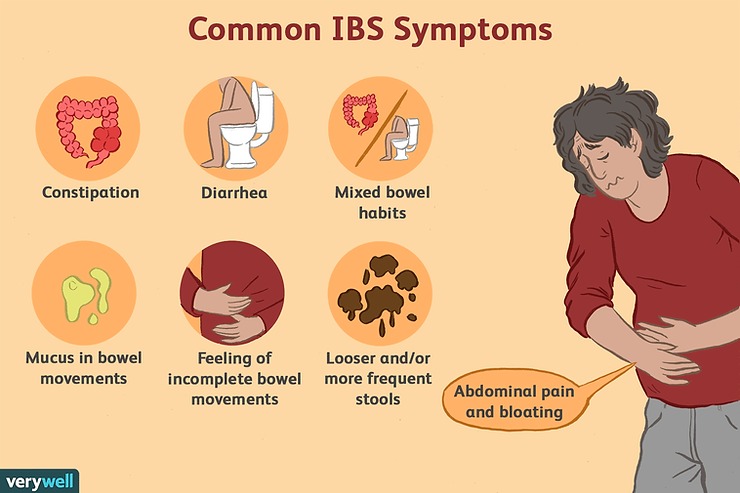Living with Irritable Bowel Syndrome (IBS) can be a challenging journey, marked by discomfort and uncertainty. While traditional medical treatments provide relief to many, an alternative approach known as Hypnotherapy has been gaining attention for its potential in alleviating IBS symptoms. Hypnotherapy involves using guided relaxation techniques to induce a state of heightened focus and suggestibility. In recent years, research has suggested that it might offer relief for those suffering from IBS by targeting the gut-brain connection.
The Gut-Brain Connection and IBS
Understanding the Link
IBS is a chronic gastrointestinal disorder characterized by symptoms like abdominal pain, bloating, constipation, and diarrhea. Emerging research indicates that the gut and brain are intricately connected, forming what is known as the gut-brain axis. Stress and emotions can influence gut function, often exacerbating IBS symptoms. This connection highlights the potential of psychological interventions like hypnotherapy in managing IBS.
How Hypnotherapy Works
Hypnotherapy involves guided sessions that induce a state of deep relaxation and heightened suggestibility. Therapists use this state to suggest positive changes in behavior, thoughts, and emotions. For IBS, hypnotherapy might focus on reducing stress, modulating gut sensitivity, and promoting overall well-being. By targeting the gut-brain axis, hypnotherapy for IBS aims to bring relief to individuals burdened by IBS symptoms.
The Benefits of Hypnotherapy for IBS
hypnotherapy for IBS offers several potential benefits:
- Stress Reduction: Stress can trigger and exacerbate IBS symptoms. Hypnotherapy helps individuals manage stress by promoting relaxation and teaching coping mechanisms. This can lead to a reduction in the severity and frequency of symptoms.
- Pain Management: Hypnosis has been used for centuries to manage pain. In the context of IBS, it can help individuals alleviate abdominal pain and discomfort through focused relaxation techniques.
- Improved Gut Function: Hypnotherapy can potentially regulate gut motility and sensitivity. By influencing the gut-brain axis, these sessions might help normalize bowel movements and reduce bloating.
- Enhanced Quality of Life: Living with IBS can significantly impact one’s quality of life. Hypnotherapy’s holistic approach not only targets physical symptoms but also addresses the emotional and psychological aspects of the condition.
Conclusion
As research into the gut-brain connection deepens, the potential of hypnotherapy as a complementary approach for managing IBS becomes increasingly intriguing. While it might not be a standalone replacement for conventional medical treatments, hypnotherapy could offer valuable relief to those seeking a holistic way to manage their IBS symptoms. If you’re considering hypnotherapy, consult a qualified practitioner experienced in gastrointestinal issues to determine if this approach is suitable for your unique needs. Remember, every individual’s journey with IBS is unique, so finding the right combination of treatments that work for you is essential.














